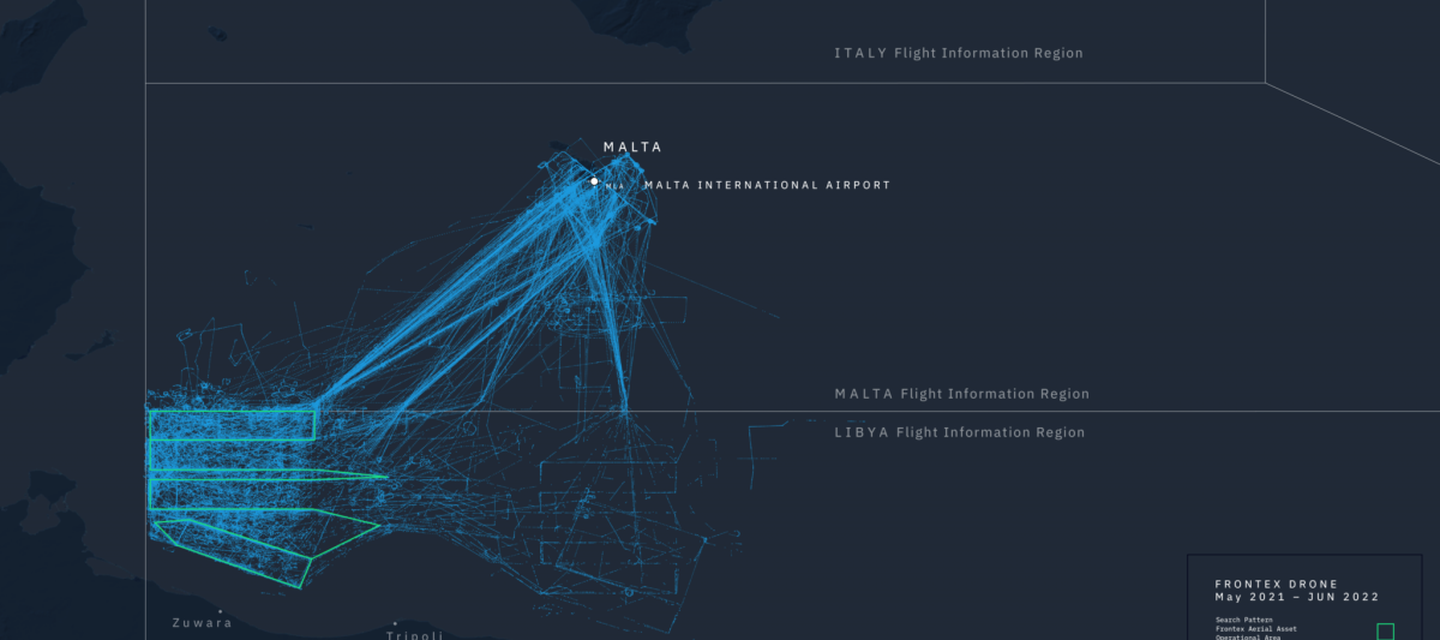
Border Forensics: Documenting and Contesting Violence at the External Borders of Europe
Recent developments at Europe’s borders indicate a transformation of the forms of violence inflicted upon illegalised migrants from the Global South. During this event, Charles Heller and Stefan Salomon discuss how forensic practices are used to address these forms of violence, and explore their impact as well as the challenges that these challenges bring about.
This event seeks to account for the recent transformations of the forms of violence inflicted onto illegalised migrants from the Global South as they seek to cross the ever-shifting borders of Europe. The event focuses, on the one hand, on indirect violence, which can be seen in the deaths of migrants at sea and in the outsourcing of border control. On the other hand, our speakers point to direct and brutal modalities of violence, such as those perpetrated during push-backs across the perimeter of the EU’s external land borders. In his talk, Charles Heller discusses the challenges these distinct modalities of violence raise for documentation and accountability, which a critical forensic practice must address—if it ought to be able to effectively contest border violence in its mutating forms.
About the speakers
Charles Heller is the director of Border Forensics research and investigation agency. He is also a researcher and filmmaker whose work has a long-standing focus on the politics of migration. In 2015, he completed a PhD in Research Architecture at Goldsmiths, University of London, where he continues to be affiliated as a research fellow. He is currently based in Geneva, conducting research supported by the Swiss National Fund (SNF).
Stefan Salomon (moderator) is Assistant Professor of European Law at the European Studies Department at the University of Amsterdam. His research focuses on migration and refugee law. He researches how legal governance of migration changes citizenship and produces racial inequalities. His research also covers questions of space and territory in EU law and international law. Salomon has worked and conducted research in different regions and countries in Sub-Saharan Africa. He also serves as an ethics expert at the Research Executive Agency of the European Commission.
:rgb(-15)

:rgb(-25)

:rgb(8)
